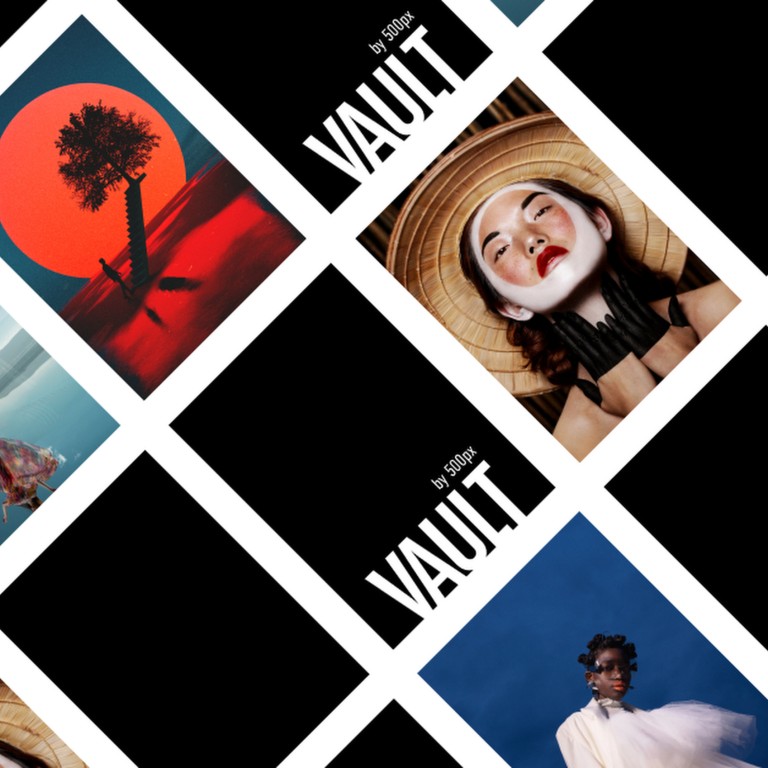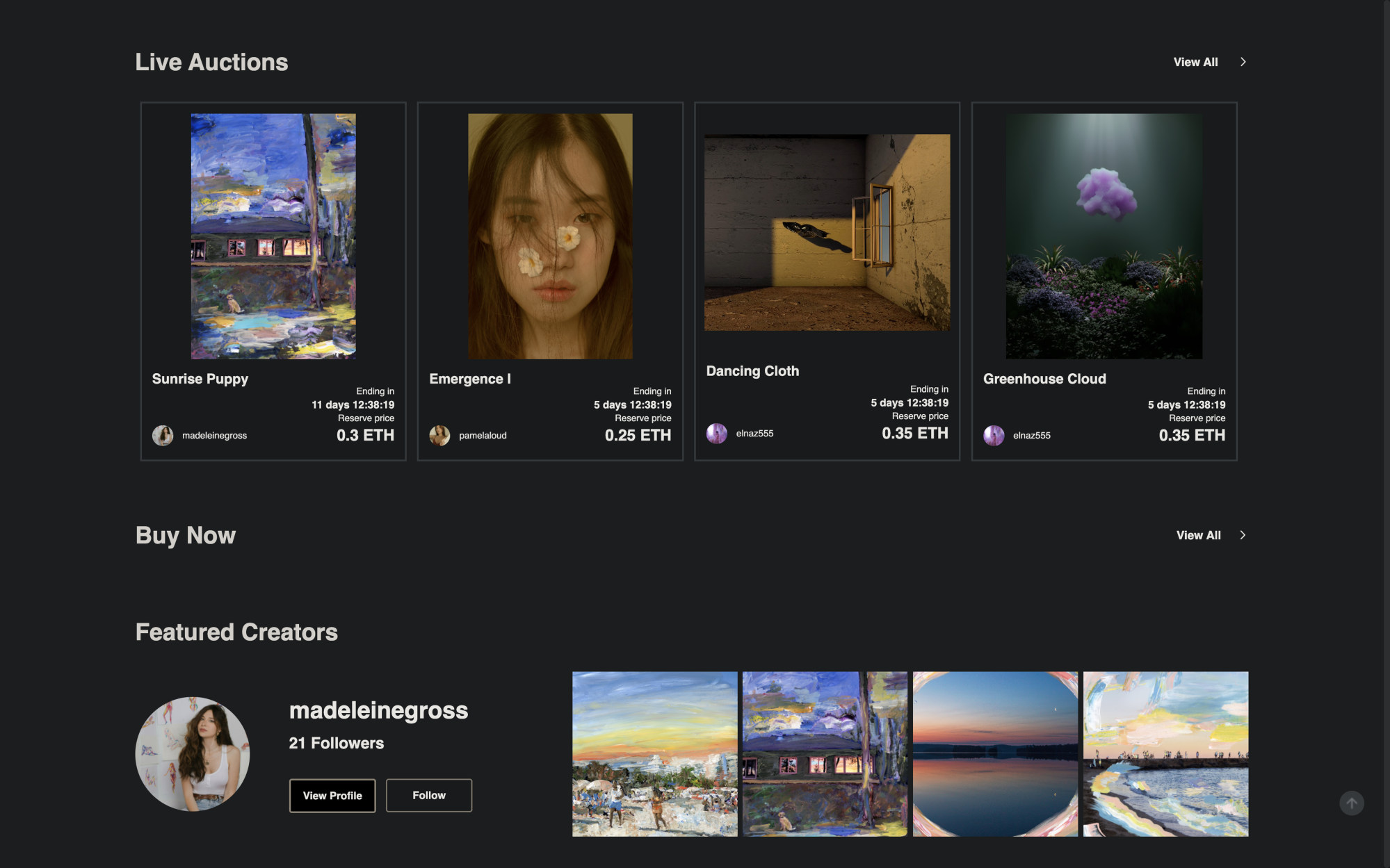
New NFT platform from Visual China, the country’s top photo licensing site, targets overseas users on Ethereum
- The platform called Vault by 500px uses the Ethereum blockchain to issue NFTs that can be bought using cryptocurrency, which is banned in mainland China
- VCG’s new platform joins a previously launched domestic digital collectibles platform to help it ‘form dual art markets at home and abroad’
By mid-day Thursday, Vault showed 15 artworks available for purchase using ether, the cryptocurrency for Ethereum, the most widely used blockchain for NFTs. Vault’s highest priced NFTs were listed for 0.71 ETH (US$1,370).

The platform uses the branding of the photography community 500px, which VCG acquired in 2018. That platform has about 500,000 contracted artists with more than 20 million users across 195 countries, according to VCG.
Shares of VCG soared beyond the daily 10 per cent limit to 14.34 yuan (US$2.15) minutes after the market opened on Thursday, after also gaining 10 per cent on Wednesday.
Vault marks another foray into NFTs by the visual media giant. In December, VCG launched a domestic platform called Yuan Shijue, which means “meta visual”. Yuan Shijue supports so-called digital collectibles, the term for NFTs commonly used in mainland China to avoid the technology’s association with cryptocurrency. Digital collectibles must be purchased with yuan and cannot be resold for profit.
By using Ethereum, Vault is a new approach for VCG that the company said will help it “form dual art markets at home and abroad”.
China’s Communist Youth League mints NFTs to mark its centennial
Founded in 2000, VCG was the first image licensing company in China, and it has been the exclusive distributor of Getty Images’ library in the country since 2006. However, its dominant position in the market and some of its business practices have generated controversy in the past.
After a market boom for NFTs last year, a number of Chinese tech giants and state-backed organisations have sought to take advantage of the new technology. The blockchain-based tokens can act as proof of ownership over digital assets such as artwork.
Alibaba owns the South China Morning Post.


